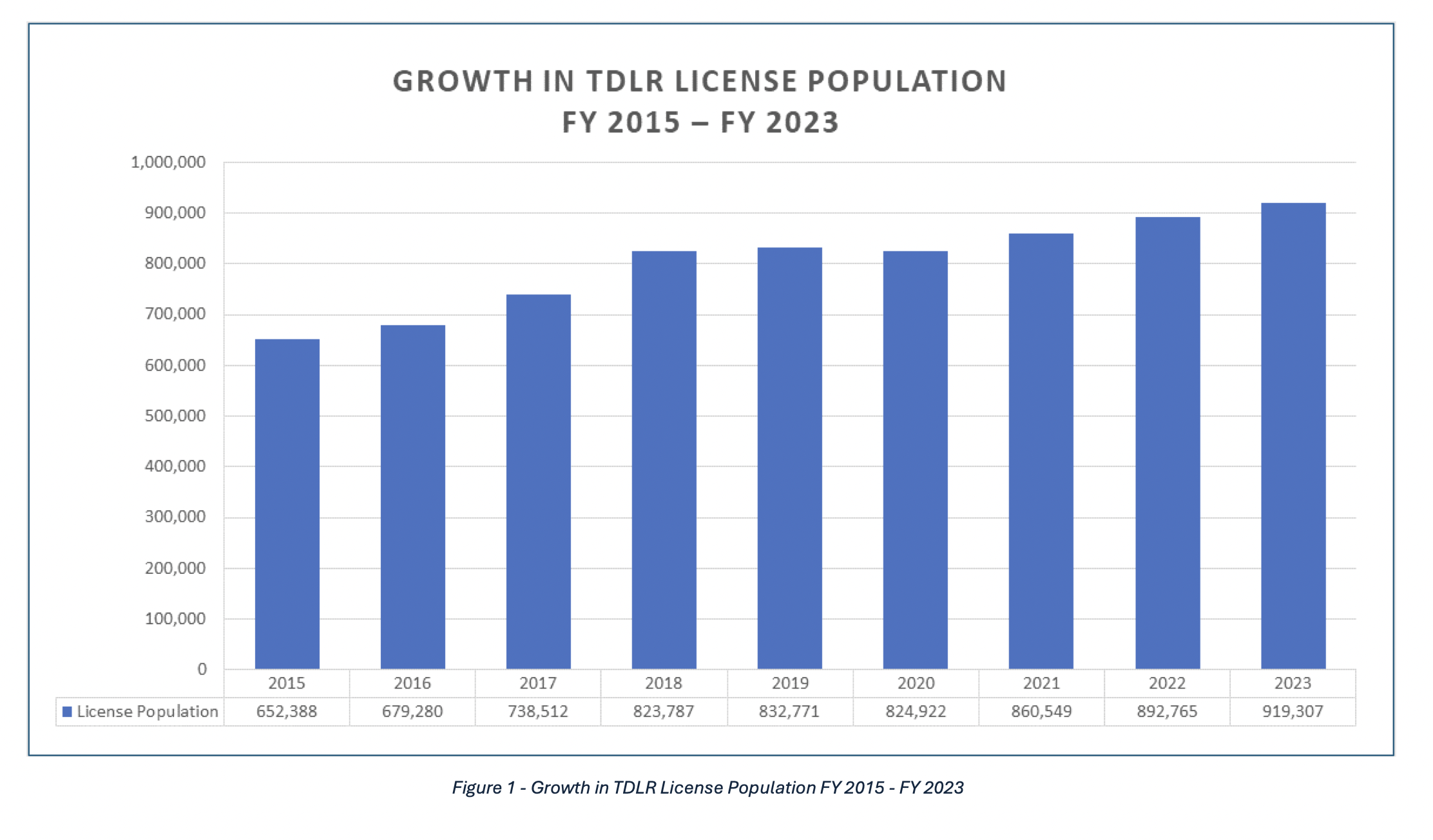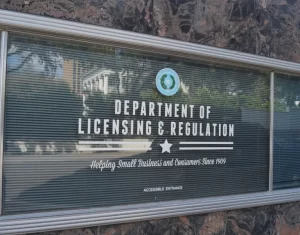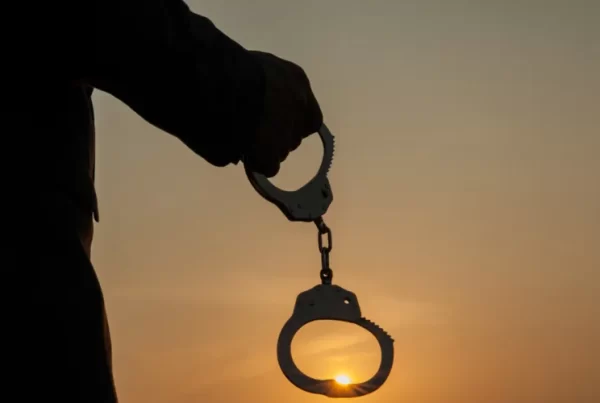Overview
The Texas Department of Licensing and Regulation (TDLR) is a state agency responsible for overseeing a diverse array of businesses, trades, and occupations in Texas. Established in 1909, TDLR’s mission is to protect the health and safety of Texans by ensuring that they are served by qualified professionals, while fostering a predictable regulatory climate with minimal government interference.
TDLR licenses and regulates over 900,000 individuals and businesses across 39 programs, including electricians, cosmetologists, air conditioning and refrigeration contractors, and elevator inspectors. The agency also oversees compliance with health and safety standards, conducts inspections, and enforces regulations to ensure public welfare.
However, some professions have their own oversight body. Physicians, for example, are regulated by the Texas Medical Board, and lawyers are regulated by the State Bar.
By 2023, the number of licensees overseen by the TLDR had grown to nearly one million.

Occupations Licensed by TDLR
TDLR’s regulatory scope encompasses a wide range of professions and industries, such as:
- Air Conditioning and Refrigeration
- Athletic Trainers
- Auctioneers
- Barbers
- Behavior Analysts
- Boiler Safety
- Combative Sports
- Cosmetologists
- Dietitians
- Driver Educators
- Dyslexia Therapists
- Electricians
- Elevator / Escalator Safety
- Hearing Instrument Fitters and Dispensers
- Massage Therapists
- Midwives
- Mold Assessors and Remediators
- Motor Fuel Metering and Quality
- Orthotists and Prosthetists
- Podiatrists
- Polygraph Examiners
- Property Tax Professionals
- Speech-Language Pathologists and Audiologists
- Tow Trucks, Operators and Vehicle Storage Facilities
- Used Automotive Parts Recyclers
- Water Well Drillers and Pump Installers
- Certain other professions
Additionally, certain professionals are required to register with TDLR, such as code enforcement officers and sanitarians, even though they may not require a license.
License Verification and Enforcement
Consumers can verify the license status of professionals and businesses through TDLR’s online database at https://www.tdlr.texas.gov/verify.htm. The database allows searches by license type, number, name, city, county, or ZIP code.
TDLR also provides information on disciplinary actions taken against licensees, including sanctions and administrative penalties. This transparency helps consumers make informed decisions and ensures accountability within regulated professions.
Agency Structure
The Texas Department of Licensing and Regulation comprises the following major departments, in addition to support and administrative offices:

- Licensing: Processes and reviews applications and issues licenses to qualified individuals and businesses.
- Education & Examination: Oversees requirements for examinations, continuing education, and pre-licensure education in a variety of professions and industries.
- Customer Service: Responds to customer inquiries and complaints.
- Field Inspections: Conducts inspections of the department’s major licensees, including safety and health inspections, to ensure compliance with state laws and regulations.
- Compliance: Provides guidance to licensees and other TLDR deparmtents on how licensees can comply with applicable state laws, codes, and standards.
- Enforcement: Investigates and prosecutes complaints against licensees and unlicensed members of regulated populations.
The agency’s main office on Colorado Street in Austin, next to the governor’s mansion.
Governance and Advisory Boards
Chapter 51 of the Texas Occupations Code establishes the powers and responsibilities of the Texas Department of Licensing and Regulation (TDLR).
A seven-member commission serves as TDLR’s governing board and policymaking body. This is called the Texas Commission of Licensing and Regulation.
The members of this seven-member commission are appointed by the governor with the advice and consent of the senate. They serve staggered six-year terms. The commission in turn appoints an executive director of the department, who oversees day-to-day operations.
The commission has the power to set rules that have the force of law, within the regulatory areas granted to the department by law. The commission by rule may establish:
- the length of a license term, not to exceed two years;
- a fee for the issuance or renewal of a license; and
- any continuing education required to renew a license.
By law, commission members cannot engage in any of the occupations or businesses that TDLR regulates. However, industry representatives and licensees are a part of several advisory boards established by TDLR.
In total, TLDR is supported by more than 30 advisory boards, such as the Combative Sports Advisory Board, Midwives Advisory Board, and Registered Sanitarian Advisory Committee.



